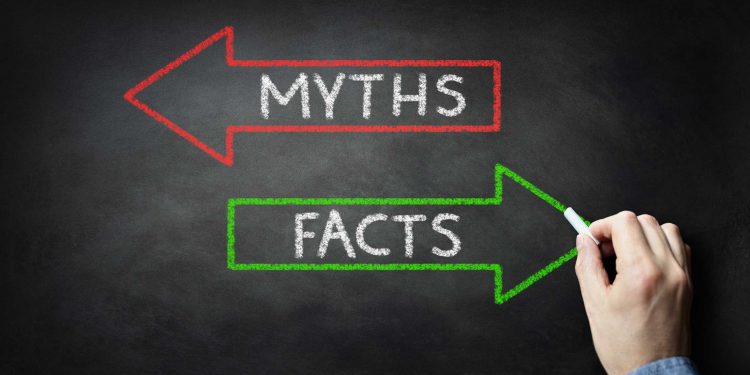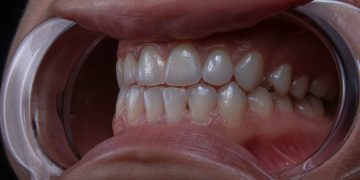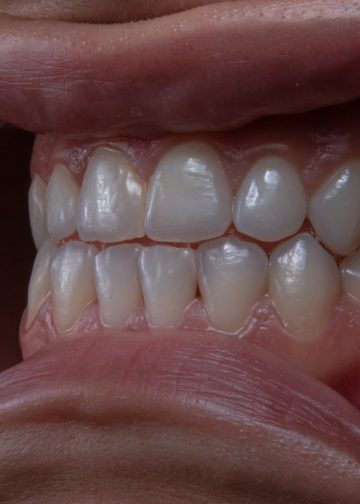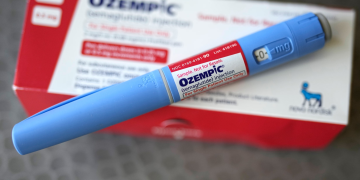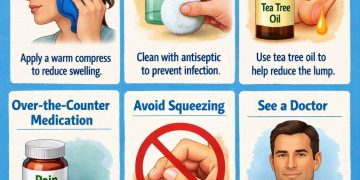Nutrition facts and myths are terms quite familiar. One thing I have been quite clear on is that there is always some hidden truth behind a myth. Whether it is a kernel or cob.
When I was a teenager, I always heard that lemon juice and orange juice caused sore throats. The acidity in them was somehow too much for us.
People actually used lemon with warm water to soothe their throats. So, I wondered, what else has been perceiving wrong over the years? So many nutrition facts misinterpreted! Whenever you want to differentiate between the truth and lie. You have to do your homework properly.
Most of the nutrition facts and myths we follow so diligently are passed on for generations. In a way, it’s our ‘knowledge inheritance’ which we cannot refute. I mean eating a salad and being healthy, doesn’t sound as interesting as eating out at a McDonald’s Joint right? So, without further ado. Let’s find out how much information we’ve come around is a fact or a myth.
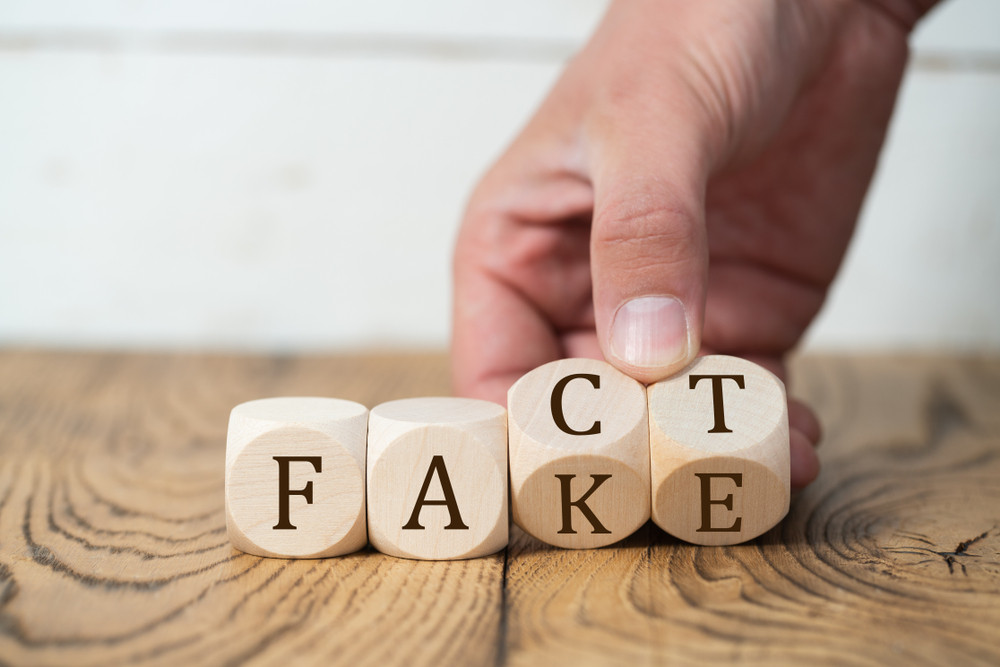
Nutrition Facts and Myths Countdown
Myth 1: Carbs are your enemy!
For as long as I could remember, I heard fats were bad for you. But now we have found a new scapegoat. Fats very friendly neighbor: Carbohydrates.
I feel for them I really do. To be under scrutiny all the time. To be blamed for our food choices. It really doesn’t stand a chance. Its voice lost among the sea of blames.
We can cut carbs from our dietary regimen. But not for a very long time. Getting your energy from a source other than carbs causes many problems in our body. Which then leads to a lack of functionality.
If we only go simple carbs and load up on junk. Of course, we are going to gain weight. It is inevitable. But if we use complex carbohydrates, we wouldn’t have problems like a junkie.
Whole grains, fruits, vegetables all consumed in the right quantity will help us rather than betray us.
Myth 2: Calories at night are more fattening than during the day
Really? Can’t you hear how absurd this sounds?
Calories will remain calories. Whether we consume them at night or in the morning. If we eat a burger at lunch, it's still fattening.
It’s our responsibility to watch how many calories we consume in a day. Not the calories fault.
Myth 3: Microwaved food is full of radiation
I don’t think I ever r4ecall hearing that radiation is good for us. Radiation of any kind is harmful. Even the radiotherapy that we receive during cancer treatment. It kills malignant cells along with the healthy ones.
The microwave radiation is much much less harmful than normal X-rays or gamma rays. If we use plastic containers to cook or warm our food, it may leach our food.
So, just try to use microwave-safe containers. And you’ll do just fine.
Myth 4: Fat-free food is healthy
Sure, I can indulge in those fat-free cookies. I mean what’s the harm in them? Right?
Na-ah you, my friend, are Wrong!
Some fat-free labeled foods are actually rich in sugar, salt, preservatives, and other additives. Just because it says fat-free doesn’t mean it has no calories.
Unsaturated fat is actually good for your health. Fat from foods like nuts, oil, and fish is essential in the diet.
Myth 5: Only hypertension patients should restrict sodium
RDA’s are allocated for every nutrient we consume during the day. For sodium its 2300 mg per day. Processed foods are high in sodium. And it can easily overpower our daily requirements for sodium.
So, it’s better to keep our daily intake of sodium in its limit. Cut back on packaged and processed foods. And put sodium on our watch list. Use the seasoning in the right quantity and use spices and herbs to flavor your food often.
Myth 6: Skipping breakfast causes weight gain
Breakfast actually doesn’t necessarily cause weight gain. Shocker!
You don’t need to eat breakfast to lose weight. Nor skimping on it is going to turn you into a cow. It actually depends on a person’s preference. Individual responses to eating habits vary.
Skipping breakfast will not lower your metabolic rate. Nor make you faint out of hunger.
Phew! No getting up early in the morning for me, from now on.
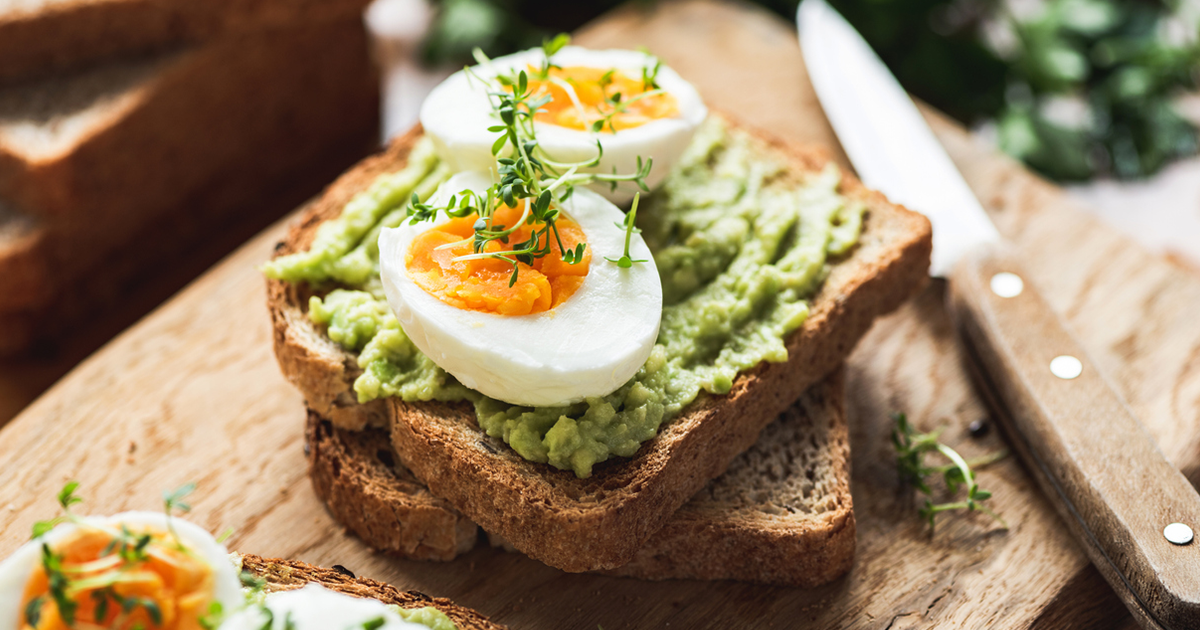
Myth 7: Red meat is bad for you
Red meat causes your blood pressure to rise. It raises your cholesterol. It can also cause cancer.
Everything you just read is not the truth.
If you make good dietary choices and eat red meat in a controlled quantity. It will not upset your body greatly. Eat-in moderation, exercise regularly. And remember to eat the meat of good quality and you will be good to go. Just refrain from overdoing it.
Myth 8: Food labeled natural is healthier
Natural is not a defined term. So, when packaging says ‘natural’ it means that it is minimally processed (in the case of meat). But it does not mean that the cow was not given injections or antibiotics beforehand.
In the same way, foods other than meat that is termed natural, cannot be acquitted to being healthy. Were no colorants, or additives or synthetic substances added? What about before the food was packaged and processed?
We actually play fast and loose with the term natural. So, a natural label doesn’t necessarily make the product healthy.
Everything in excess is opposed by nature. If we don’t find the right balance for things, we might not be able to compensate for it later. It's not the food's fault that we inhale it and miss out on the good stuff.
Misinformation is rampant and hard to identify. It also spreads like wildfire. So, it can be sometimes difficult to distinguish between the truth and the myth. So it is on us to recognize the truth among the sea of lies and stick to it.


